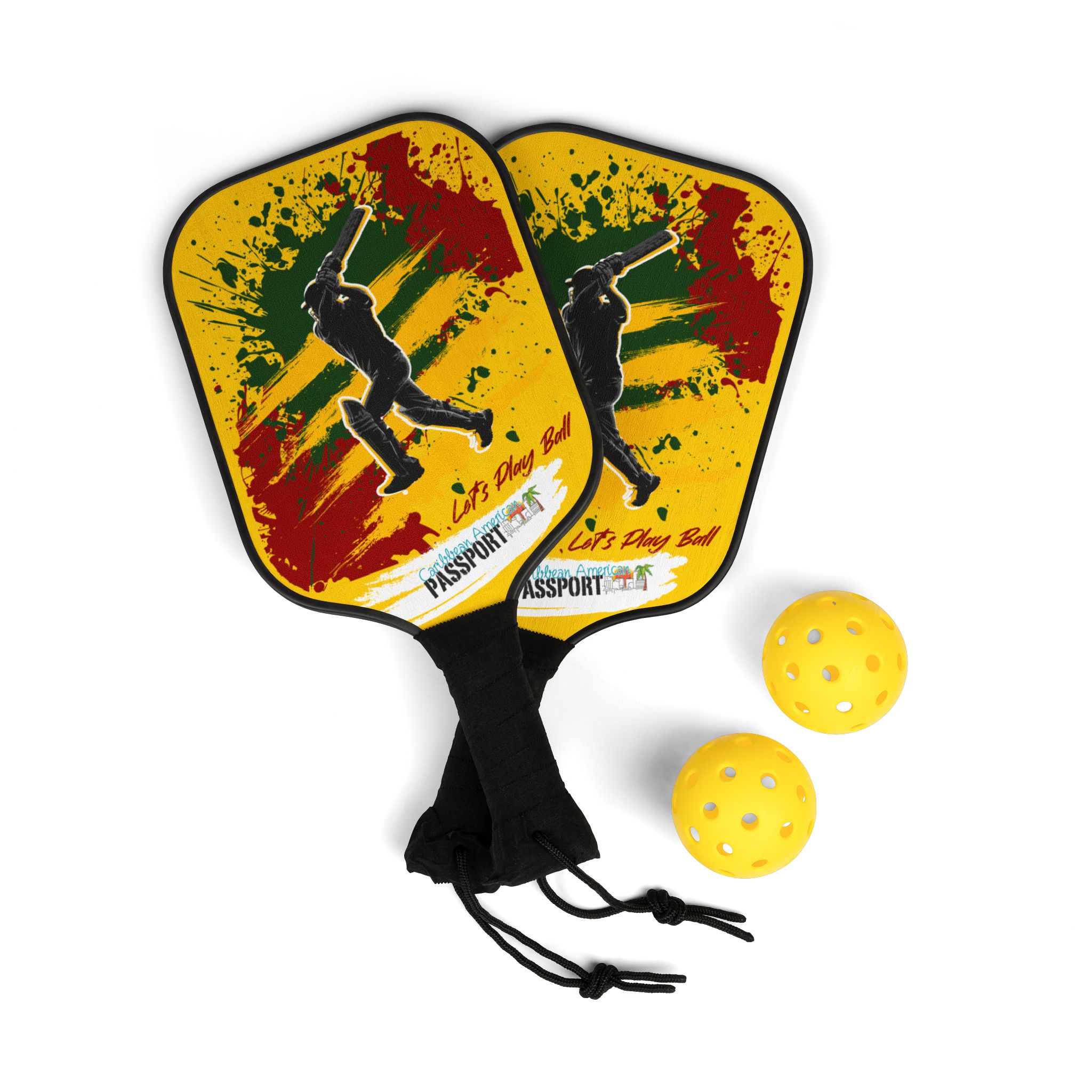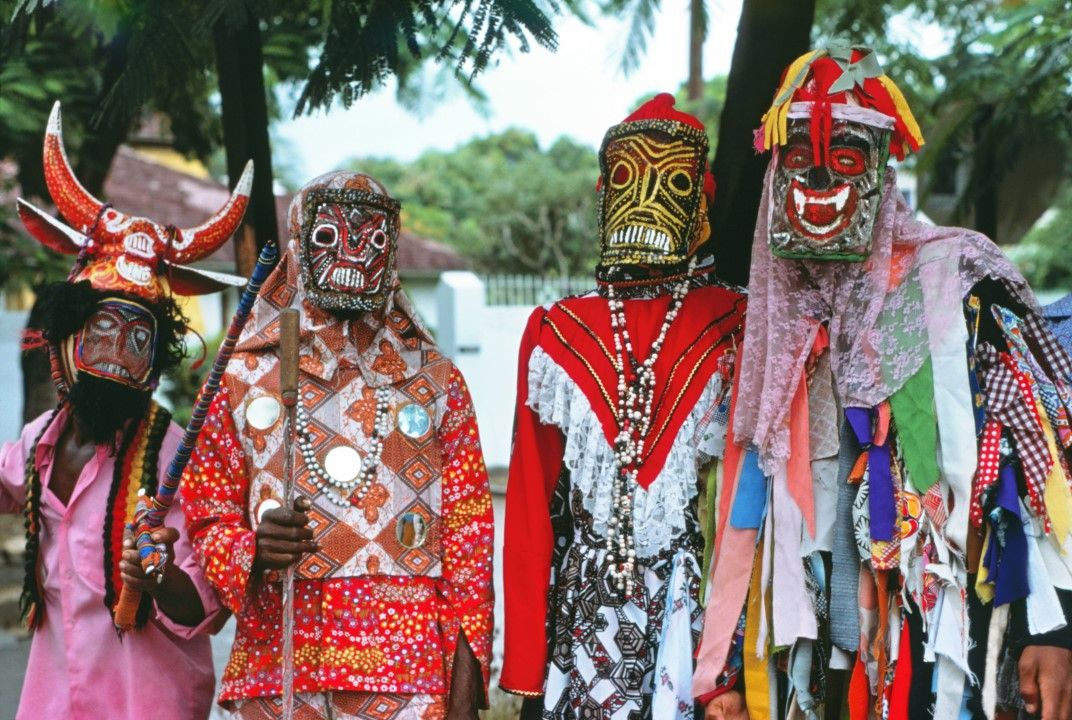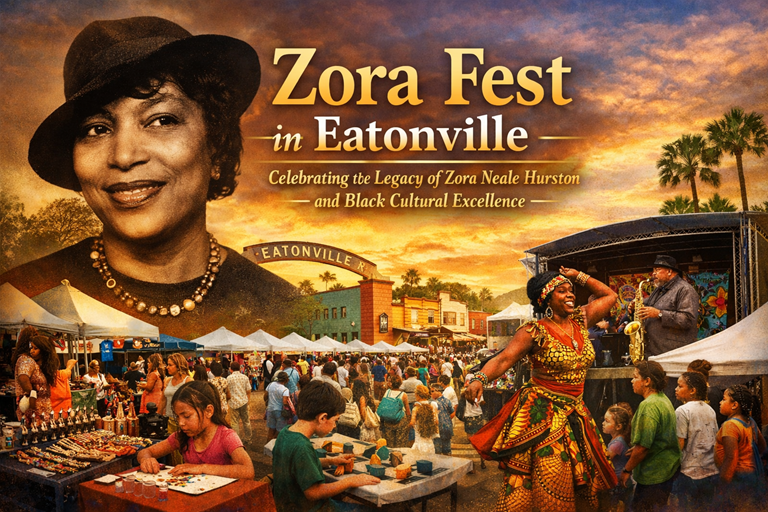The stories of the past are nigh impossible to prove true, but as they say in Caribbean countries, "pick truth fram nansense"
Some publications say yes, the story of an African slave fighting that slave owners is largely accurate and refers to a real historical figure, Jan Conny (also spelled John Conny, January Conny, or John Canoe). He was an Akan leader from Axim, Ghana, and a chief of the Ahanta people in the early 18th century. He controlled Fort Fredericksburg, a former Brandenburg (German) trading post, and resisted European colonial powers, particularly the Dutch, for around 20 years before his stronghold fell in 1725.
The connection between Jan Conny and the Junkanoo festival is debated. Some historians believe that his name was passed down through oral tradition and evolved into "John Canoe," becoming associated with the masquerade festival in the Caribbean. However, there is no concrete evidence proving that the festival directly originated from him, and it may instead stem from broader West African cultural traditions.
So, while Jan Conny was a real person, the claim that the Junkanoo festival was specifically named after him remains a historical theory rather than a proven fact.
The contradiction
John Canoe (or Jonkonnu) is not factually known to be a real historical figure but rather a legendary or symbolic character associated with the Jonkonnu festival, a masquerade tradition celebrated in the Caribbean, particularly in Jamaica, the Bahamas, and Belize. The festival dates back to the 18th century and was brought over by enslaved Africans.
Some theories suggest that "John Canoe" may have been inspired by a real African leader, possibly from the Gold Coast (modern-day Ghana). One speculation is that the name derives from a 17th-century Akan leader, possibly Jan Kwaw (John Conny), a powerful merchant and warrior who resisted European colonial powers. However, there is no definitive historical evidence that directly links him to the Jonkonnu tradition.
Instead, John Canoe became a symbolic figure in the masquerade, often depicted as a rebellious or trickster-like character, celebrating African cultural resistance and survival under colonial rule.


















